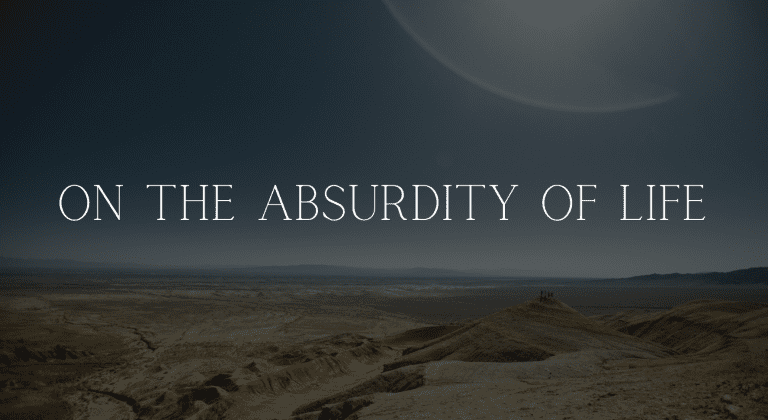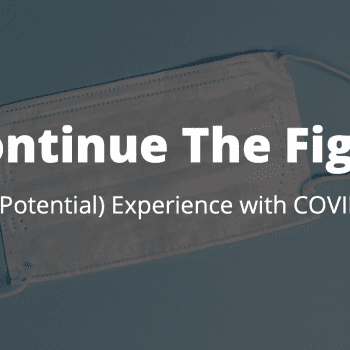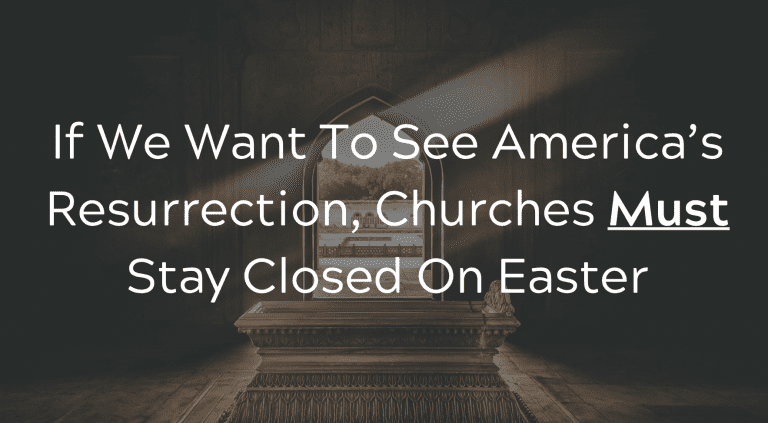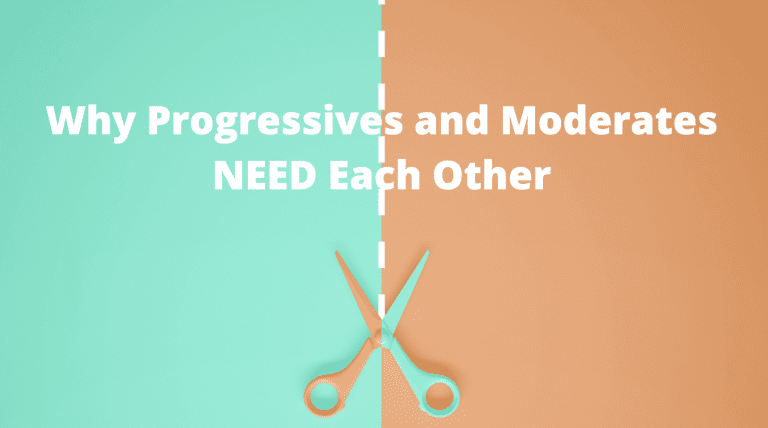My journey of faith has taken me in, out, and all around the spectrum of Christian theology and practice. Throughout my eleven years as a Christian, I have 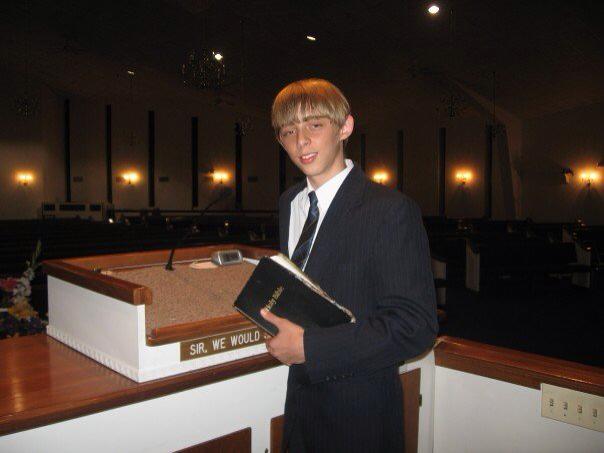 identified as everything from Fundamentalist, to Pentecostal, to Mormon, to Anglican, to Evangelical and everything in between. In every season of my faith, God has taught me a ton of life transforming principles that have helped me develop both into a better Christian as well as a better human being. Of all of the seasons of my faith journey, the one that has had the most effect on my life by far was when I identified as a Fundamentalist.
identified as everything from Fundamentalist, to Pentecostal, to Mormon, to Anglican, to Evangelical and everything in between. In every season of my faith, God has taught me a ton of life transforming principles that have helped me develop both into a better Christian as well as a better human being. Of all of the seasons of my faith journey, the one that has had the most effect on my life by far was when I identified as a Fundamentalist.
It was during that season of life that I discerned my call to Pastoral Ministry. It was during that season that I fell in love with learning and thinking about theology. It was in that season that I learned how to preach and teach the word of God the most. I grew tremendously and saw my life radically transformed by the power of God in that season. However, that season also ended up being the source of a great amount of pain, confusion, and spiritual abuse. Because of the latter reality, ever since I left my fundamentalist church, I have been incredibly uncomfortable saying anything good about those years. My vision has often been clouded as I reflected on that period of my life, and I struggled to identify any benefit from my time in that branch of the faith.
However, over the last few years God has really been working to heal me from the wounds I received in that season and as I have grown beyond the pain, I began to realize that there were a number of aspects of my fundamentalist faith that I sincerely missed. Things that I appreciated and took for granted when I was in the midst of them, but now have a subtle longing for in my spirit. The reality is that my experience in Fundamentalism was not all bad and that there is a number of great things that I learned in that season that have sustained my faith over the years. So today, I want to offer to you my list of the 5 great things I learned during my time as a fundamentalist.
1. Understanding that what you believe about God should directly affect your day to day life.
In my fundamentalist church there was a huge emphasis on believing the right theology because of its implications on your everyday life. The fundamentalists that I was a part of were very clear that the way one viewed God would directly affect how one viewed the world and lived their lives. My church believed in an imminent rapture and many people lived with a sense of urgency as if Christ was going to come back and zap them through the air at any moment. My church also believed that we were living in the end times and therefore had to diligently work to bring souls to the Kingdom. Every week, dozens of people would gather to go door to door handing out pamphlets to our neighbors and imploring them to put their faith in Jesus. All of these zealous actions were directly motivated by their understanding that if what they believed was actually true then they really had a responsibility to live like it. Today, even though I fundamentally disagree with the image of God and basic theology of my fundamentalist church, I still admire their willingness to take their theology seriously- so seriously that it actually changes the way they live. It is their influence that has always motivated me to understand the connection between what I believe in my heart and what I do with my hands.
2. Being spiritually disciplined.
One of the first things that I learned after I became a Christian was that in order to maintain my spiritual health, I needed to take time daily to study the Bible and seek the face of God through prayer. I was taught to view my devotional times with God as the spiritual food that I needed in order to keep my soul nourished. If I allowed myself to become undisciplined, my soul would starve and my spiritual vibrancy would fade. So for nearly six years, I spent time daily reading the Bible and praying. During those years, I had such sweet communion with God. My faith grew rapidly as I continued to study what the Scriptures and I developed of habit of truly praying without ceasing about every hurdle I faced during my day. It was also in this season that I had a very sensitive “sin consciousness” which basically meant that I recognized immediately when I had sinned and worked hard to overcome those shortcomings. As I have grown beyond my fundamentalist faith, one of things I struggle with most is being disciplined. While I still have sweet communion with God and still spend time in his word, it is certainly not with the structure and rigor I had as a fundamentalist. Some may look down upon the discipline of conservatives as “legalistic” and to some degree, for me, it was. But none the less, I miss having the habit of praying about everything and carving out extended periods of time in my day to spend with God. My lack of discipline has little to do with not being a fundamentalist and far more to do with being a college-aged young adult. But I first learned spiritual discipline in a fundamentalist setting and I am profoundly grateful for it.
3. Being bold enough to take a stand on important issues.
Fundamentalists don’t mince words. They never beat around the bush. My pastor was never afraid to tackle any political, social, or theological issue head on in the pulpit in front of the 1,500 people that gathered on Sunday and the thousands more who watched his local television program. Once again, today I disagree that the pulpit should be used for political or social agendas. But none the less, I still admire my fundamentalist pastors’ boldness to take a stand on issues that he believed were important. Many evangelicals today are publicly wishy-washy on a number of issues that they may personally have an opinion on. Sometimes there is wisdom to not stating ones opinion. But most of the time, leaving important issues ambiguous does far more harm than good. My fundamentalist years taught me that if I had convictions about an issue, I needed to take a stand for it. I needed to be willing to speak up for it, no matter what the consequence. I needed to be a man of integrity who spoke the truth without compromise. This is a value that has stuck with me throughout my faith journey and I always try my hardest to speak clearly about those things that I have firm convictions on. In the Evangelical world that’s not always easy, but the value of boldness is vitally important.
4. The importance of letting everyone share their gifts.
If you walk in to any fundamentalist Baptist church on a Sunday Morning, it is likely that you will experience musical selections, prayers, and testimonies from a wide range of people with varying degrees of talent and experience. In my fundamentalist church, nearly all of the church was run by lay volunteers who committed time throughout the week to serve their community. Sometimes the people weren’t incredibly gifted in what they were doing, but their service was appreciated and gave them the opportunity to bless their community. Every Sunday we would also have congregants share a song of their choice for “Special Music” during each service. Most of the time the singers voices bellowed over the audio track they were supposedly singing along to and sounded more like the cries of a dying hippo than a coherent piece of music. But even when the performance was terrible, you could often see the sincerity and desire to worship God in the performer’s eyes, and that alone moved the congregation’s hearts to a posture of worship. In evangelicalism, we have been infected with such a performance driven mindset that much of what we experience in church is not authentic to our community at all. Instead, we have highly rehearsed and highly paid worship bands and design teams who seek to deliver a 5 star performance every Sunday. Now, I am the first to admit that I love a good, technically smooth, musically pleasing Evangelical worship service. But what the professionalized Evangelical church misses out on is the organic expressions of worship and service emerging from within their communities. No, it’s not always beautiful or even bearable. But there is something powerful about a community where everyone can share their gifts publicly no matter how good or bad they may be. This, unfortunately, is rarely ever seen in evangelical churches, typically because the bar for excellence is set so high that the average layperson never has a hope of sharing their offering with God and the congregation. If our churches deprogrammed a bit and moved away from the highly-professionalized models of ministry, we could open up so many more opportunities for everyone in the congregation to share their gifts- whether singing, teaching, leading small groups, or cleaning.
5. The value of telling others my story.
There is nothing like a good testimony. And no group of people can testify better than fundamentalist Baptists. Goodness. When I was a fundamentalist, being asked to share my “testimony” (Baptist lingo for “personal story” or “faith journey”) was a regular occurrence. People were always testifying of how God had worked and was working in their lives, both in private conversation and publicly during the worship service. It seems to me that fundamentalists have always understood the power of each persons story as a tool to build the faith of the church and to win non-Christians to faith in Christ. In an age where personal experience is becoming one of the primary pillars of truth, I think all Christians could take a cue from fundamentalists. We need to be a people who actively engage in telling our stories to others. Testifying to what God has done in our lives. If we got into the practice of authentically and honestly sharing our stories, not only would our own communities be stronger, but others would be more compelled to “taste and see”. There is no better evangelistic technique than to tell your own story. And the fundamentalists have that down pat!
There you have it, my list of the top 5 things I learned from my fundamentalist church. Though today I am far from a fundamentalist, I must say that for these things and many more, I am grateful for the years I spent in the care of my fundamentalist church. As I said in the introduction, there is a lot of pain, hurt, and wrongdoing that I and many others have experienced in fundamentalist settings. But I believe that it is vitally important to the healing process to recognize the good in the midst of the bad, to see the light in the long tunnel of darkness. There is a lot that fundamentalism has wrong, to be sure, but there is also a number of gifts that is has to offer the broader body of Christ, and it is my hope that this post serves to highlight a few.
What do you think? If you grew up fundamentalist, what are some of the good things you learned during your upbringing? Share them in the comments section below!


